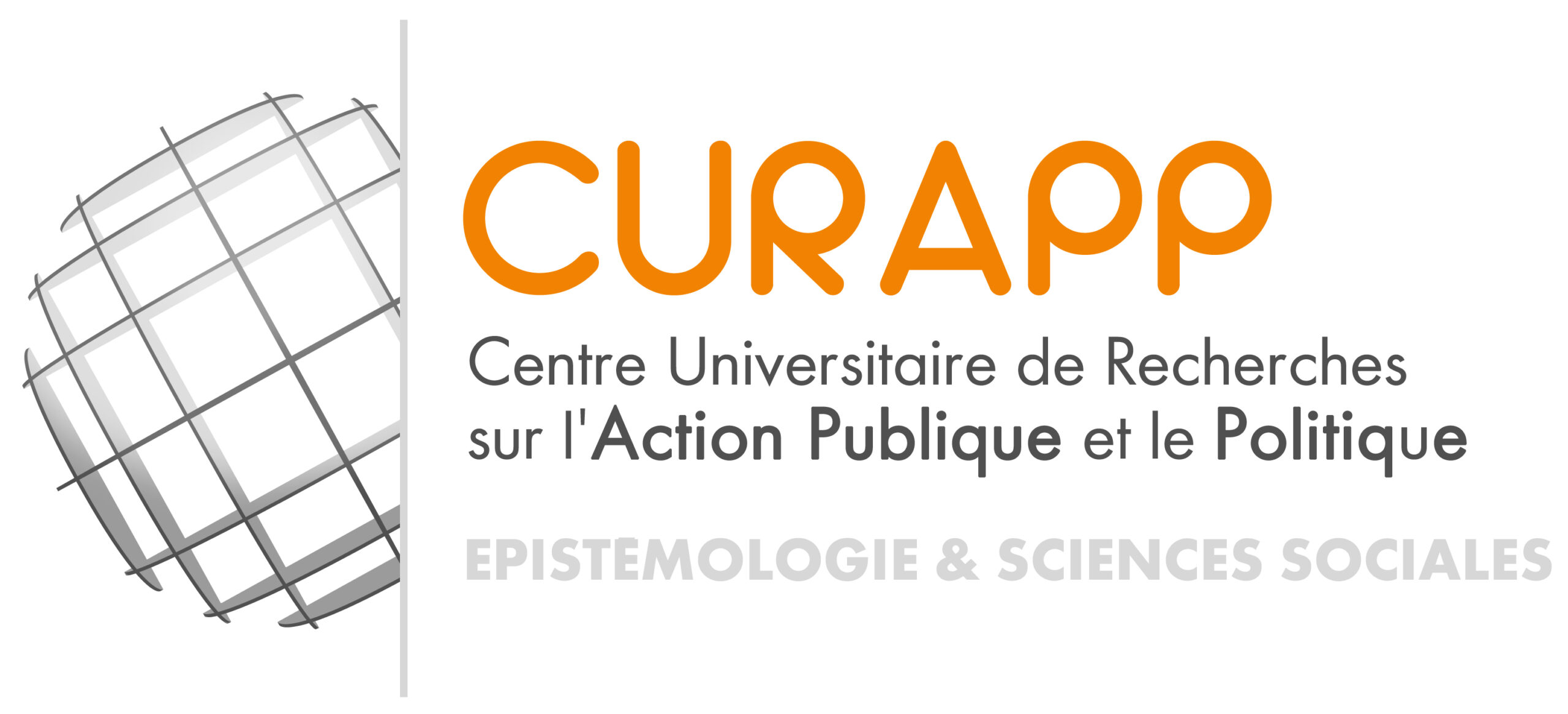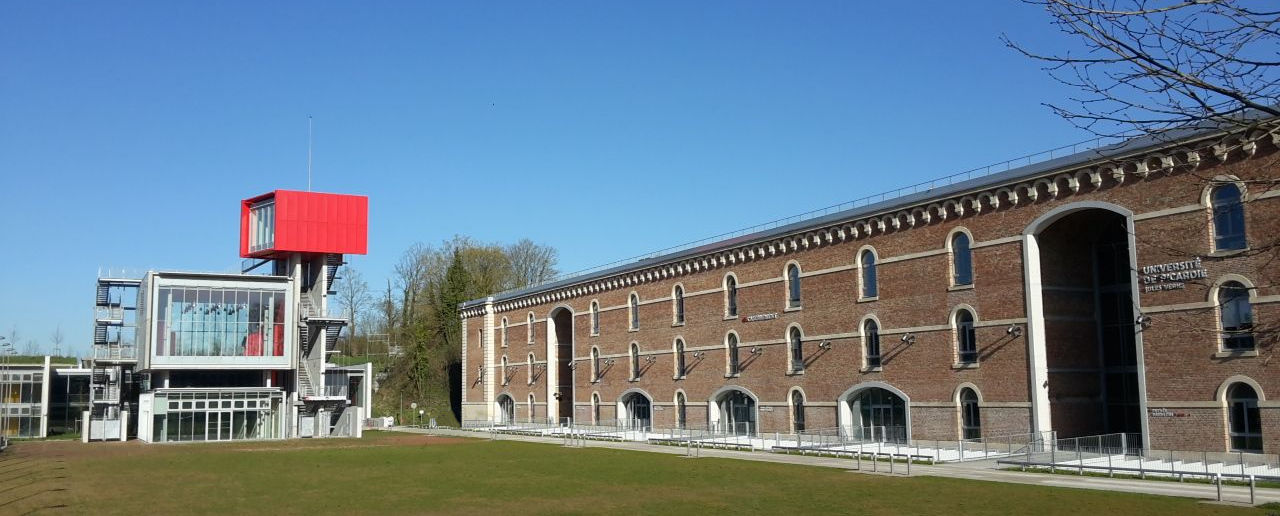This second set of studies questions the diverse forms of public action in relation with gender social norms and their evolutions: the public policies, the institutions and all the actors who contribute to their definition, but also organize and express these changes (gender equality policies, education programs on sexuality, criminal justice policies, disability policies, policies related to the medical-social field and to the field of social work, action of associations in favour of sexual minorities, etc.)
What is also addressed is how sexuality, gender and masculine and feminine careers are influenced by specific social upheavals (migration, industrial restructuring, unemployment), transformations of legal and institutional frameworks, or alternative ways of life (alternative communities). Gender also enables to question and refresh the analysis of political opinion formation and of politicization processes, to bring complementary light on electoral behaviour and political practice, understood in a broad sense, and more specifically on the causes of activism and on activist groups.

